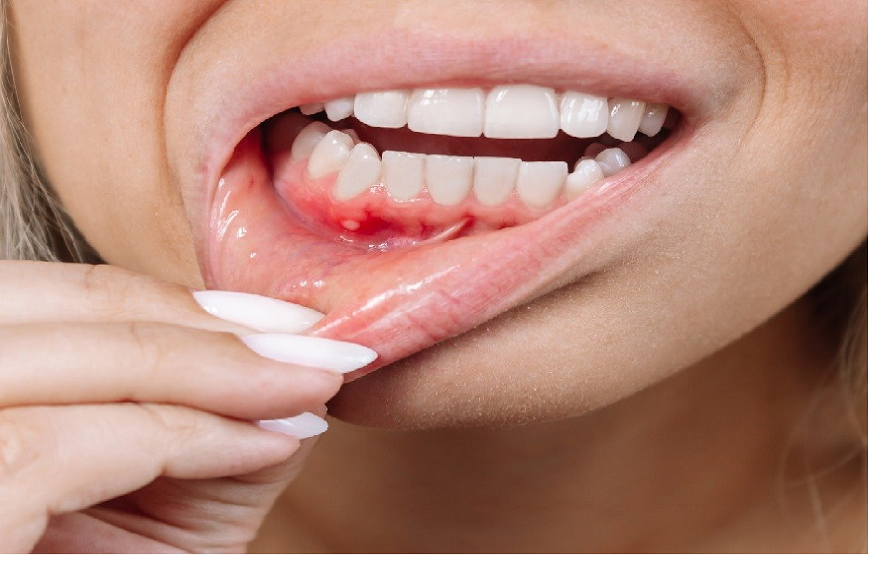Will bleeding gums stop on their own?
Experiencing pain and seeing blood while brushing your teeth, flossing, or eating is a sign of bleeding gums. It can result from poor oral hygiene, worn-out gums, irritated gums, infection, poor dietary habits, stress, anxiety, hormonal changes, and several other factors. Bleeding gums won’t stop on their own and will not necessarily get better with time, although there is a high probability that they can be reversed if the underlying cause is treated. If you smoke, drink, or don’t brush your teeth twice a day, this might be an indicator of an active dental issue that needs immediate treatment and should not be ignored.
Having bleeding gums can be painful at times and quite complex if left untreated. If you are in this situation, you must visit your nearby dental clinic or a renowned general dentist Aliso Viejo who has experience handling such medical emergencies.
Why do gums bleed?
Gum bleeding happens because people forget to maintain and take good care of their oral hygiene. They don’t brush their teeth, use mouth rinse, or floss. Over time, food debris or bacteria accumulates on the teeth and surrounding areas, causing plaque. When plaque is not removed or cleaned, it can cause redness, irritation, swelling, and bleeding of the gums. It can even spread to the surrounding areas, leading to more severe problems. One of the most common forms of bleeding gums is gingivitis, which you might have heard of without knowing exactly what it means. Gingivitis is the initial stage of gum disease in which no long-term damage occurs. In this case, the accumulated plaque hardens and calcifies, further causing an infection in your gums. To treat this condition, a thorough, deep tooth cleaning is required, in which the calcified plaque and the bacteria causing it are removed.
Following the treatment, proper care and maintenance are required, with good oral hygiene being a major aspect. With proper care and regular dental checkups for cleaning, you can make bleeding gums a thing of the past.
What’s periodontitis?
Periodontitis is a serious stage of gum disease in which the accumulated plaque and bacterial infection start eroding the bone and teeth. It can cause significant damage to the surrounding soft tissue around your teeth. Moreover, it can completely damage the bone that supports all your teeth, leading to loose teeth and tooth loss. It is also linked to certain health issues, like heart attacks and lung disease. Recent studies have found that 90% of people with this condition are at risk of developing diabetes. The underlying cause can be internal rather than just poor oral hygiene. Periodontitis is no joke, that’s why, when you see or experience bleeding gums, you must visit a dentist. The provider will examine and identify the stage of your gum disease and can prevent any forthcoming damage. A skilled periodontist will know how to look for and remove surface and root plaque; this may require multiple sessions, and you must maintain healthy oral hygiene afterward.
Will my bleeding gums stop if I brush my teeth?
You might wonder if it’s just a case of accumulated plaque, which, if brushed properly, can be removed at home. While that may be true, you can remove some of the plaque by effectively cleaning your mouth. However, if the plaque has hardened, calcified, or turned into tartar, it requires a professional cleanup. If the plaque has covered the area beneath the gum line, you might feel you’ve resolved the issue after brushing or flossing. However, any remaining tartar can cause even bigger problems, potentially leading to periodontitis.


Leave a Reply
You must be logged in to post a comment.